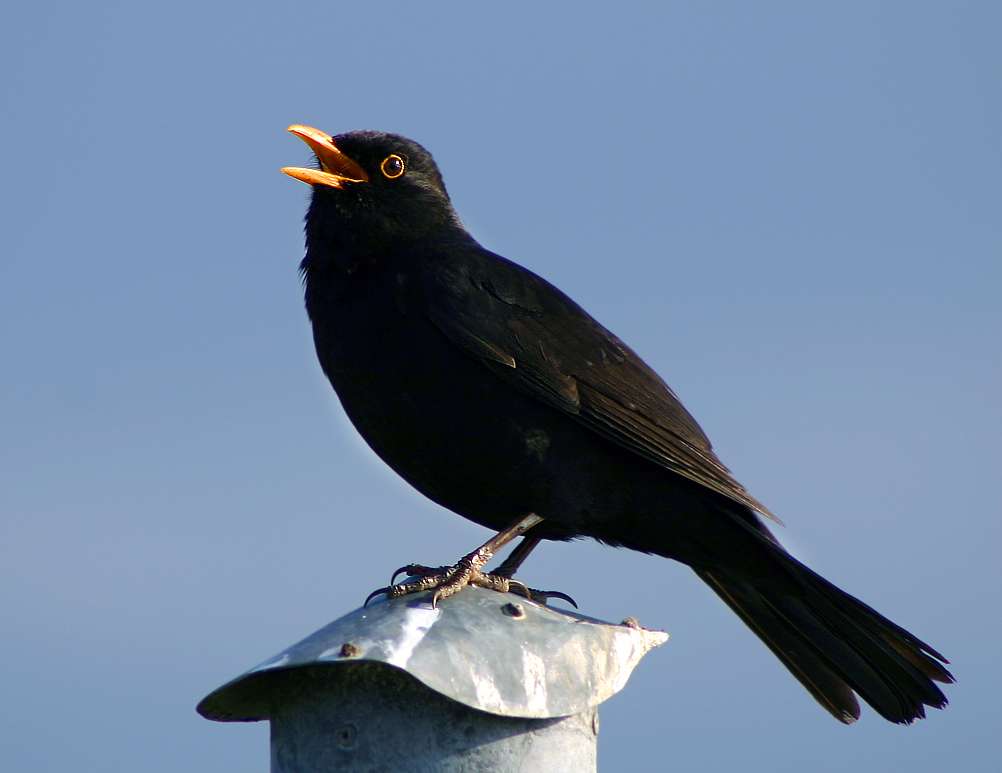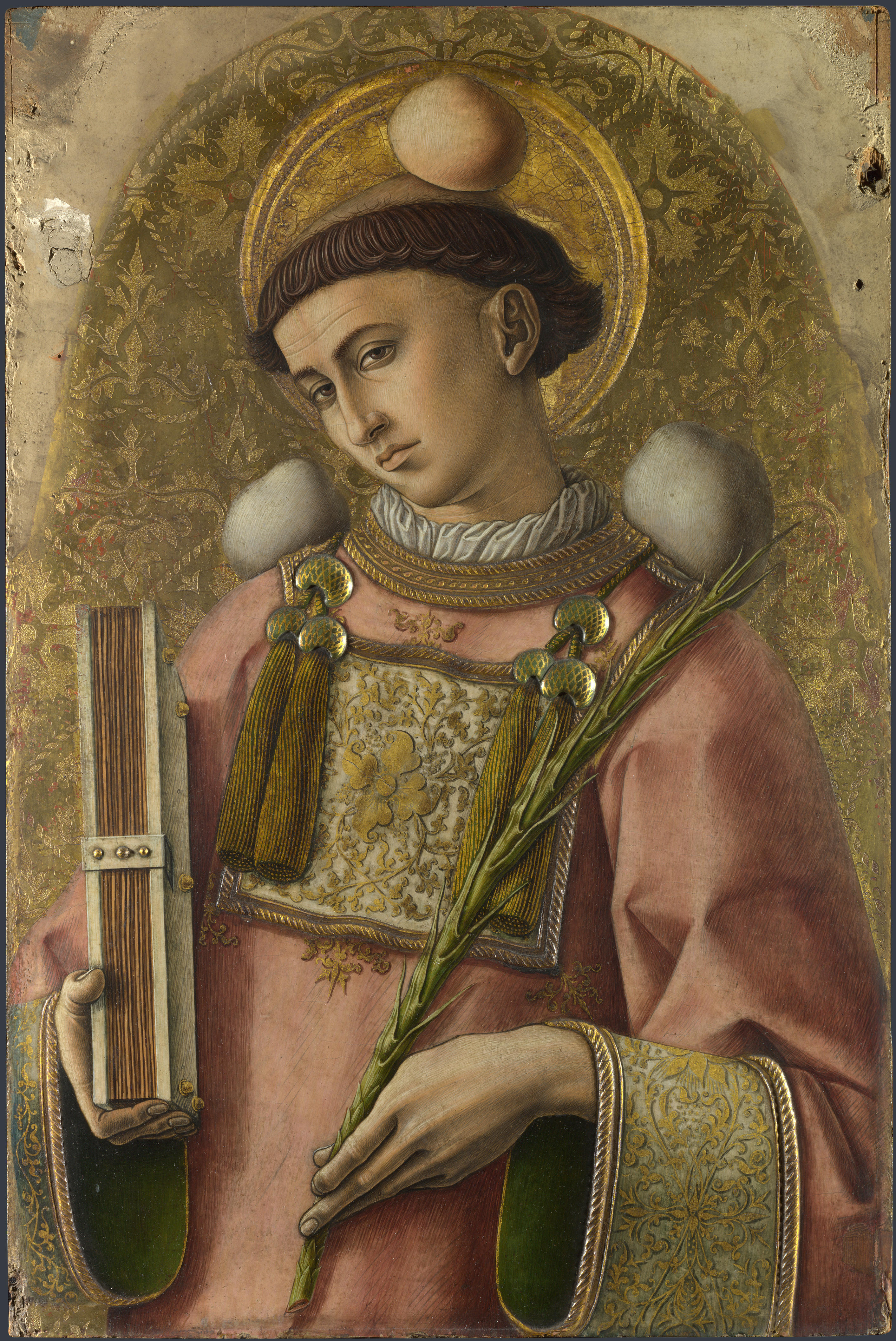Google tells me that today is the 200th anniversary of the publication of the Brothers' Grimm "Children's and Household Tales". Wonderful. Thank you, Google!
I've always loved Grimm's fairytales. They actually don't have a lot of fairies in them, definitely none of the Tinkerbell kind. Tink is an English invention of the early 1900's; the Brits, for all their stiff upper lip and what-not, are an eminently sentimental lot. The Grimms, on the other hand, even though their stories are the prime example of the German Romantic period, are, in fact, rather grim. There's romantic, and there's Romantic (and then there's RRRRROMANTIC, as in, the Marianne-Dashwood-Be-Still-My-Heart variety, but that's a topic for another post).
The Grimm's fairytales, as you probably know, weren't actually children's stories to start with. In fact, the term "fairytale" is rather misleading; a better word would probably be "folktale". Because that's what they were. Wilhelm and Jakob Grimm didn't write these stories, as in, made them up, they just wrote them down. Some of the ones in my fat complete edition (844 pages, 210 tales) are written in dialect, low German, presumably just as they came from the mouth of the storyteller. They are stories that were told around the fireside at night, when everyone was gathered, adult, children, teenagers, the lot. So, yes, they weren't NOT for children, either - the children heard them along with everyone else.
So there was no expurgation of the nasty bits, no bowdlerization. In Grimm, the solution to the story, which is frequently the punishment of evil, can be grim indeed. The wicked stepmother-witch in Snow White goes to her death dancing in red-hot shoes at Snow White's wedding. The equally wicked usurper servant woman in "The Goose Girl" gets rolled down the hill in a barrel spiked with nails on the inside. Cinderella's ugly stepsisters have their eyes pecked out by the turtle doves (which take the place of the fairy godmother in this version - see, no fairies!) - but that's after they commit acts of self-mutilation, chopping off their toe and heel, respectively, in order to fit their feet into the golden slipper (having your eyes pecked out by doves is probably restful by comparison). Need I go on? Oh yes, one more: the Frog Prince gets unfroggified not by a sloppy, sentimental kiss, but by being picked up and chucked against the wall, hard - the princess is so grossed out by him, she can't stand it any longer. Splat. "And when he fell to the ground, there stood a handsome prince..." and one presumes that he isn't gross any longer, because now she's happy to marry him. (You have to wonder if, when he develops a potbelly in middle age, she'll smack him against the wall again to keep up the handsomeness standards; it sure works well the first time round.)

So did I mention I love these stories? I always have. And that's the funny thing: I hate, loathe and abhor violence and pain. I avoid it like the plague in fiction - the real world is too full of it already, I don't want to experience it in my stories. But when it comes to the bloody violence in the Grimm's tales, it doesn't bother me. It never has. And I think it's because of this: the people in a fairytale, or rather, in a folktale, aren't real people. They're personifications, not humans. And so when the witch keels over during her charming red-hot slipper dance, it's not a woman who suffers pain, it's Evil, pure, unadulterated Evil, which gets its comeuppance. There is justice being done, the world is back in balance. Also, whenever one of the good guys suffers, the suffering usually gets fixed: when Rapunzel's prince has his eyes poked out by the thorn bush the witch chucks him into (ouch!), at the end of the story Rapunzel's tears fall into his eyes and, hey presto, fully restored vision.
Incidentally, the one Grimm story I do
not like, never did, is "The Goose Girl", in which the princess' talking horse has its head chopped off, and the horse never gets reassembled; it just, literally, remains a talking head. That always bothered me, I didn't think it was fair. The decapitation of the horse is a gross injustice, and it does not get rectified. If the horse (his name is Fallada) were resurrected, I'd like the story just fine - the nail-spiked barrel at the end is, after all, nothing more than the nasty servant deserves. Justice is served.
And as another incidental remark, I was never terribly fond of Andersen's fairytales, either. His are literary fairytales which he wrote himself, not folktales like the Grimms'. And in his stories, the characters are people, not personifications, and they often do not receive justice at the end, as far as I'm concerned. The Little Match Girl is a real girl, with feelings and wishes, and she dies at the end; the Little Mermaid does
not marry the prince, but has to watch him marry another, and because she loves him, she refuses to kill him and save her own life, so she turns into the foam on the top of the waves (which is what happens to mermaids when they die, not being possessed of an immortal soul. You didn't know that? Well, now you do. Blame Disney for your previous ignorance.). Andersen has too much pain, too little Happily Ever After. The Grimms might be bloody, but they deliver the happy ending for those who deserve it, and do away with those who don't.
So there you have it: two hundred years of blood, murder and mayhem for our edification. Thank you, Brothers Grimm.
Life, the Universe, and Fairytales. And they all read happily ever after.










